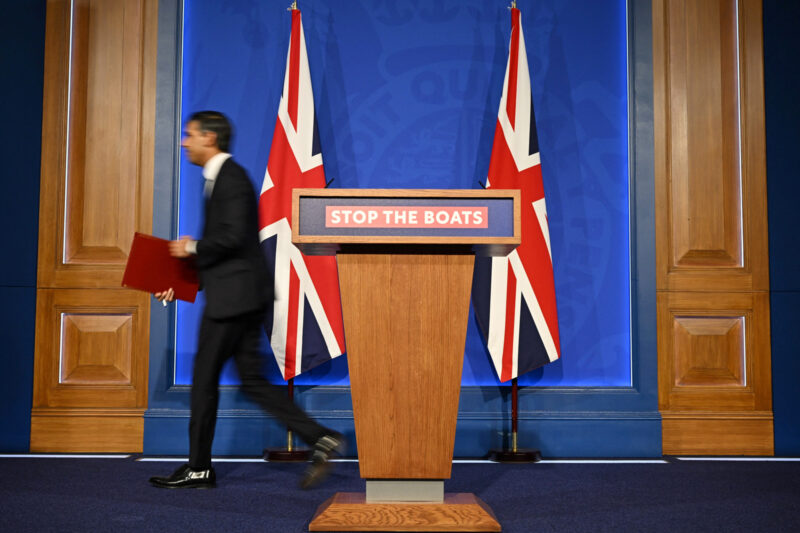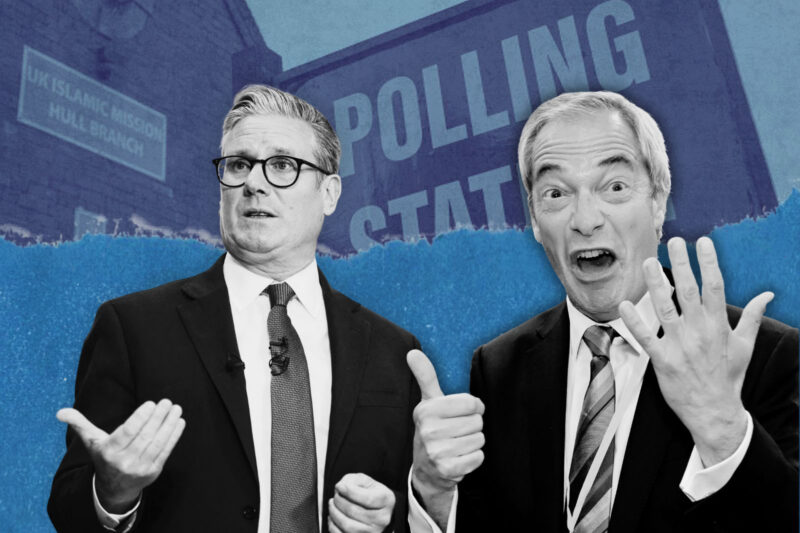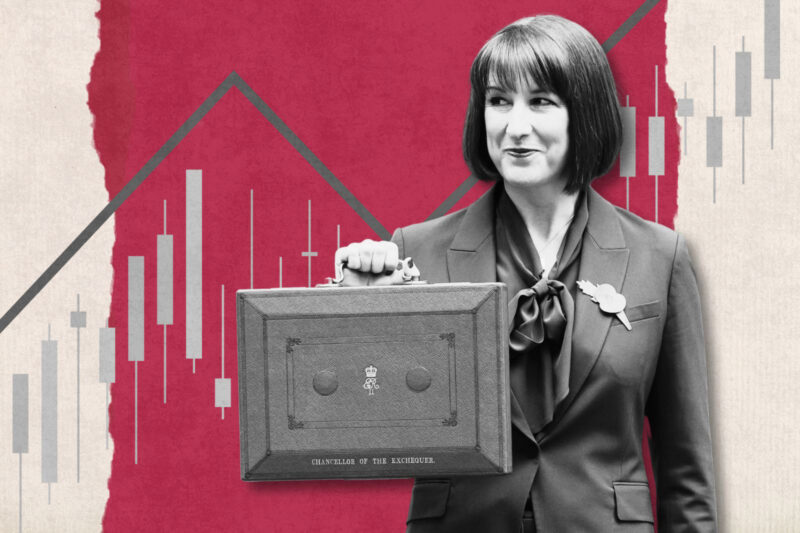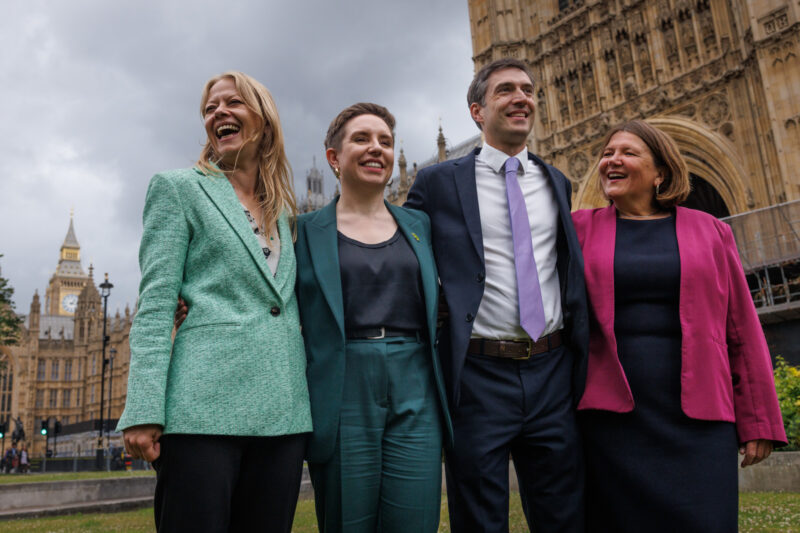Tax hikes and poor public services — the UK’s economic future looks bleak
Experts warn of anaemic growth and funding gaps to services. Yet neither Labour nor the Conservatives are willing to be honest about raising taxes
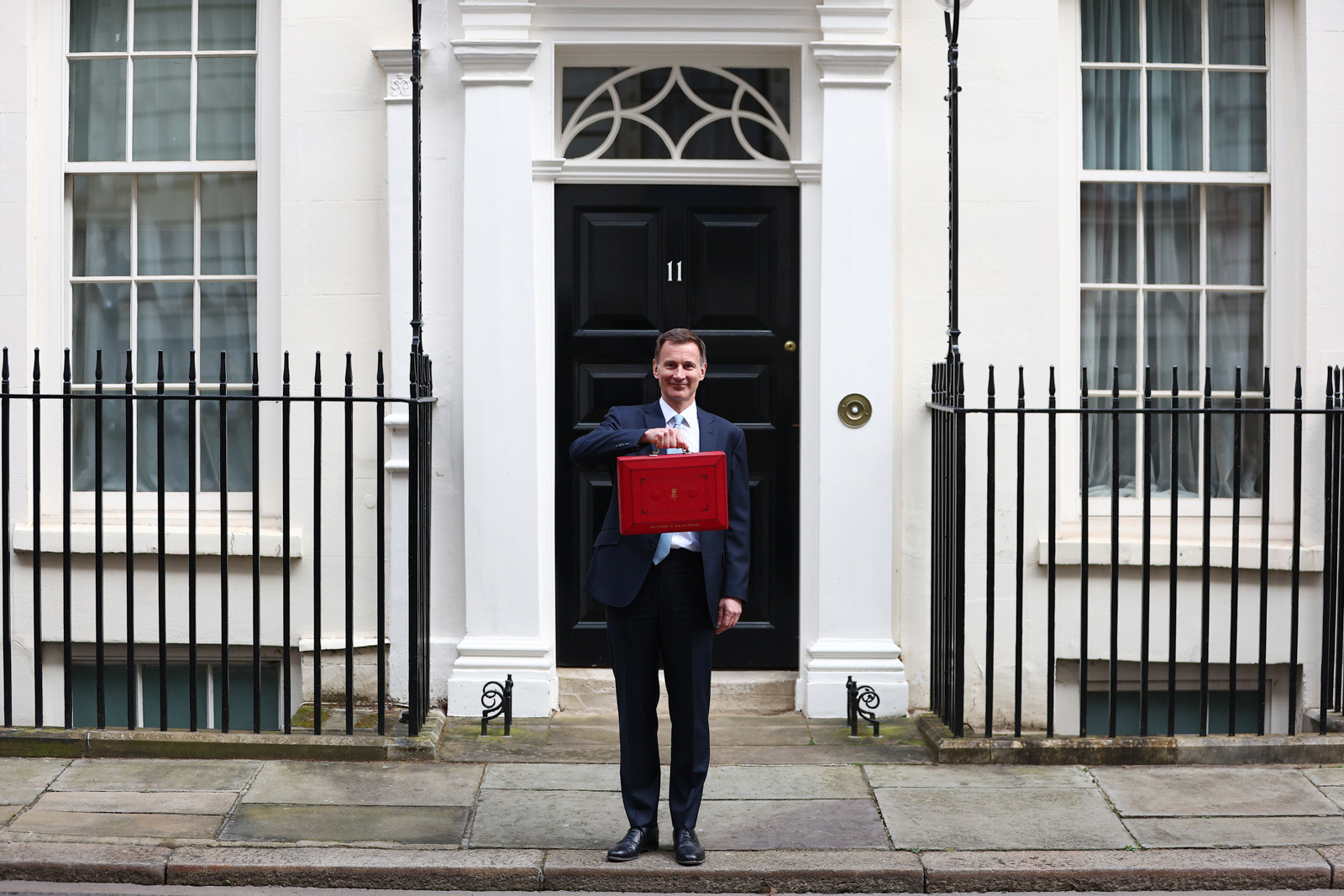
Some political observations quickly become truisms. “It’s the economy, stupid” is a line we’ve heard over and over again since it was first used in the early 90s during Bill Clinton’s inaugural presidential campaign. It has since become somewhat of a political mantra, a belief that the state of the economy decides elections. In many cases that has been proven to be entirely accurate. In the case of Clinton, he beat incumbent president George HW Bush during a recession. Fast forward to 2024, the slogan is as relevant now as it was then. Given the state of the UK’s finances, the upcoming election is likely to have a huge focus on the economy and who is best placed to be in charge of it.
With the UK economy in recession, growth projected at only 0.6% through 2024 and serious concerns over the future of public spending, the chancellor, Jeremy Hunt, last week unveiled what is likely to be his last budget before a general election. Many expected him to woo the public with some pre-election giveaways but with his self-imposed fiscal rules there were few incentives on offer. Hunt still managed to find some extra money by abolishing tax breaks for non-doms, introducing new taxes on vaping products, and cutting the rate of national insurance contributions by 2%, a measure that many Tory MPs had been crying out for. While the 2% cut was the big takeaway, the heavily briefed budget was widely considered to be both pretty bland and uninspiring.
The announcement was however proclaimed to be a huge success by one Conservative MP who repeatedly told me this was proof that his party was once again “a tax-cutting government”. This seemingly ignores the fact that the UK currently has the highest tax burden in almost seven decades and that taxes have risen significantly since the Tories came into power. Most other Tory MPs were much more downbeat, with one telling me they were desperate to see a cut in income tax rather than national insurance. Economists also noted that reductions in national insurance don’t help pensioners and in an election year you risk losing their support at your peril.
While any sort of tax cut usually garners some pretty good headlines, it’s always important to take any pre-election giveaways with a pinch of salt. History tells us that governments have cut taxes before an election, only to increase them again in an effort to pay for election spending pledges. The problem in this case is that both Labour and the Conservatives are unwilling to say that is a likely outcome.
Given the parlous state of public services, including increasing waiting lists for NHS treatment, the next government will need to address some crucial funding issues almost immediately. Both the Conservatives and Labour have signed up to the same fiscal rules, which means they are bound by the same parameters. There will be £800m a year less departmental day-to-day spending from next year and given there are commitments to protect spending in a number of areas, including health and schools, there will need to be real term cuts to other budgets to make the figures add up. It is likely that the only feasible way to improve public services will involve tax increases.
Neither party is ready to admit they are considering raising taxes. Labour’s argument is that its ambitious plans for government can be funded because the party believes it can get the economy growing much faster. The Tories say they can deliver on their promises by improving productivity. Both are likely to take years and the outcomes remain uncertain. It will leave whoever is in government with two options, either continue to allow public services to suffer or put up taxes immediately to try and solve the problem.
In the wake of the toughest outlook for the UK’s public finances in 80 years, economic experts remain sceptical about any chance of growth. The independent Institute for Fiscal Studies recently accused both the Labour party and the Conservative party of being joined in a “conspiracy of silence”. “If I am sceptical about Mr Hunt’s ability to stick to his current spending plans, I am at least that sceptical that Rachel Reeves will preside over deep cuts in public service spending,” said IFS director, Paul Johnson.
As it stands, neither party is willing to be honest about the future of the UK economy. But if you read the fine print of last week’s budget the warnings are there in black and white.
Shehab Khan is an award-winning presenter and political correspondent for ITV News
 Newsletter
Newsletter



